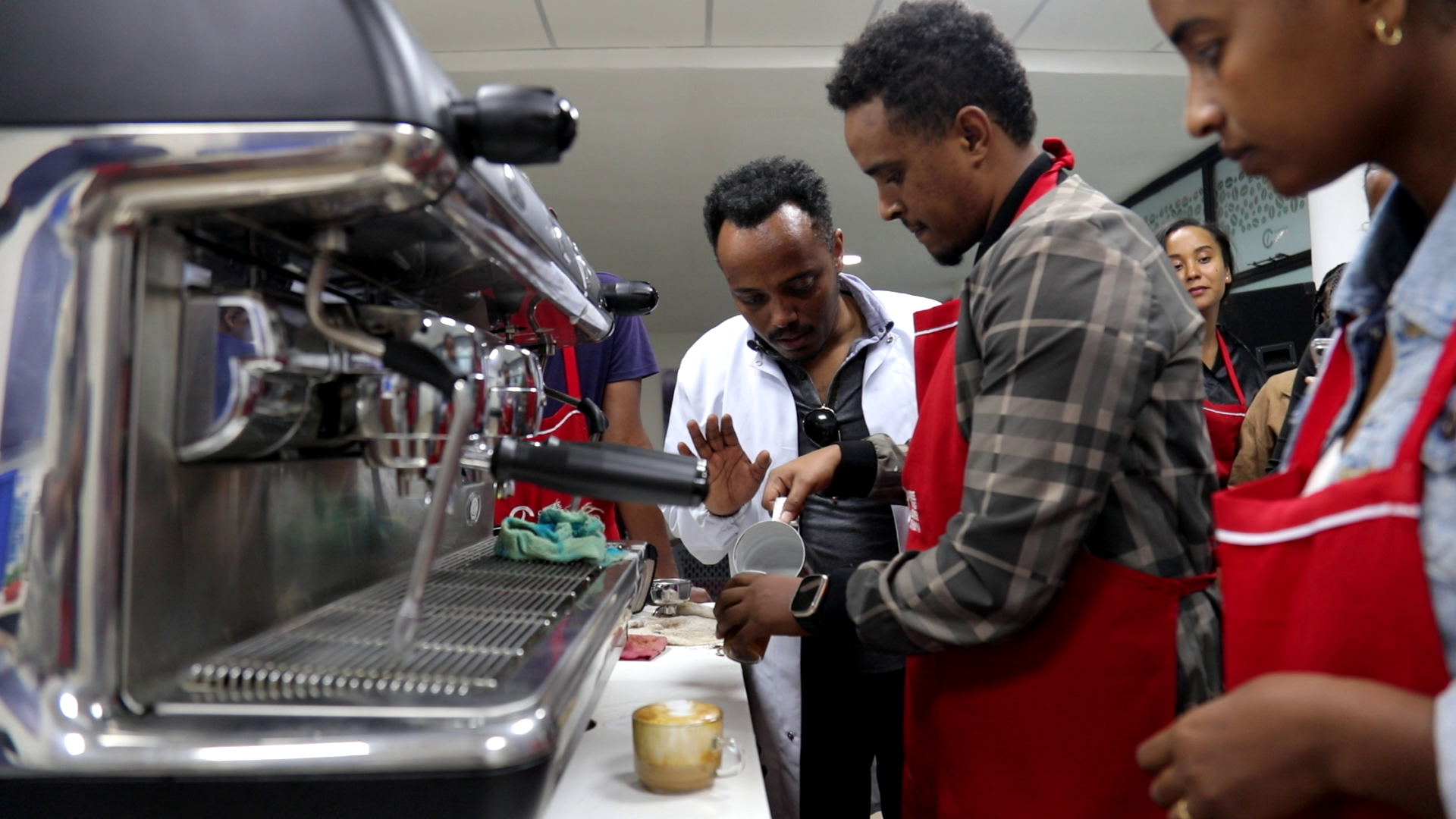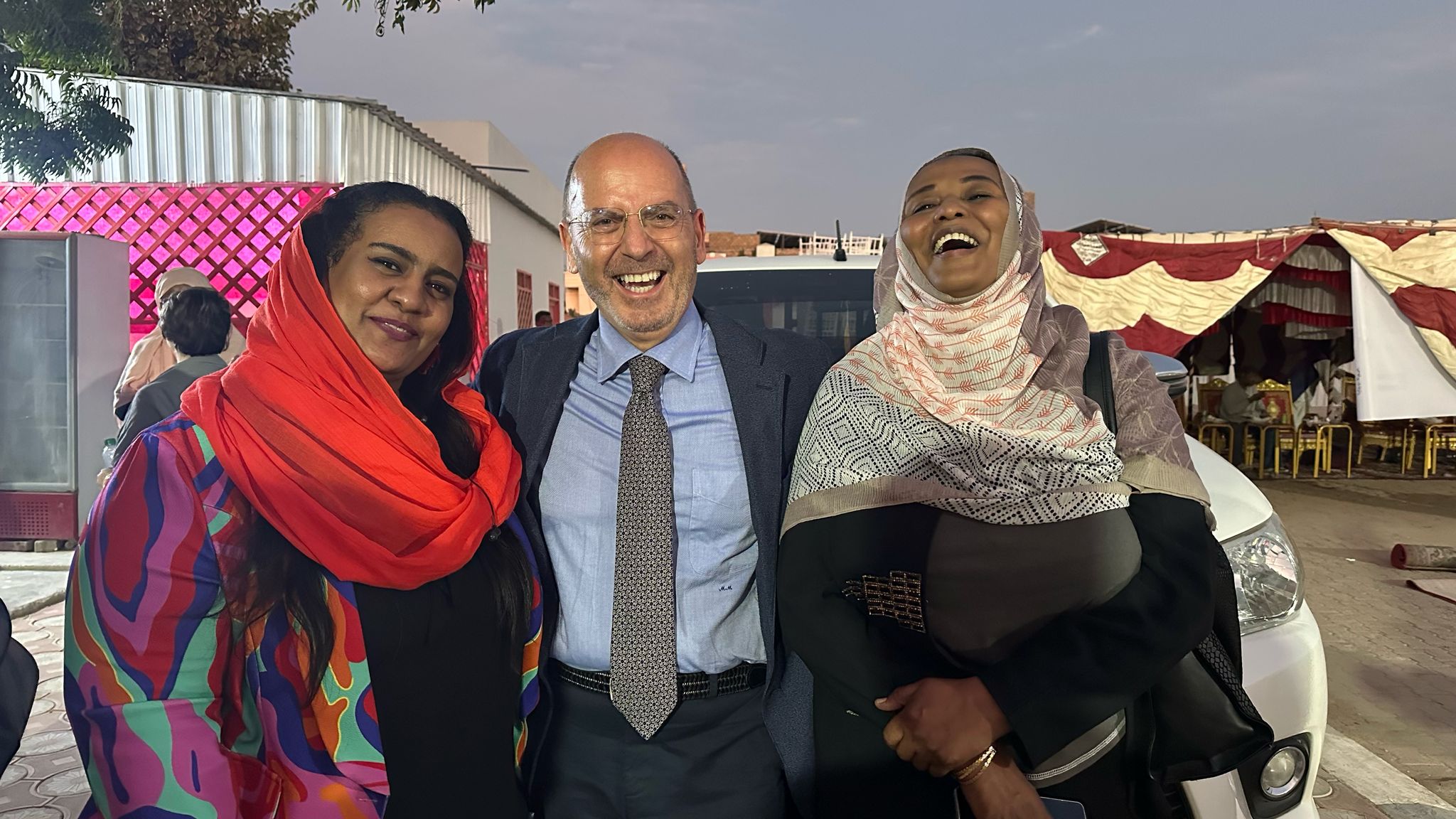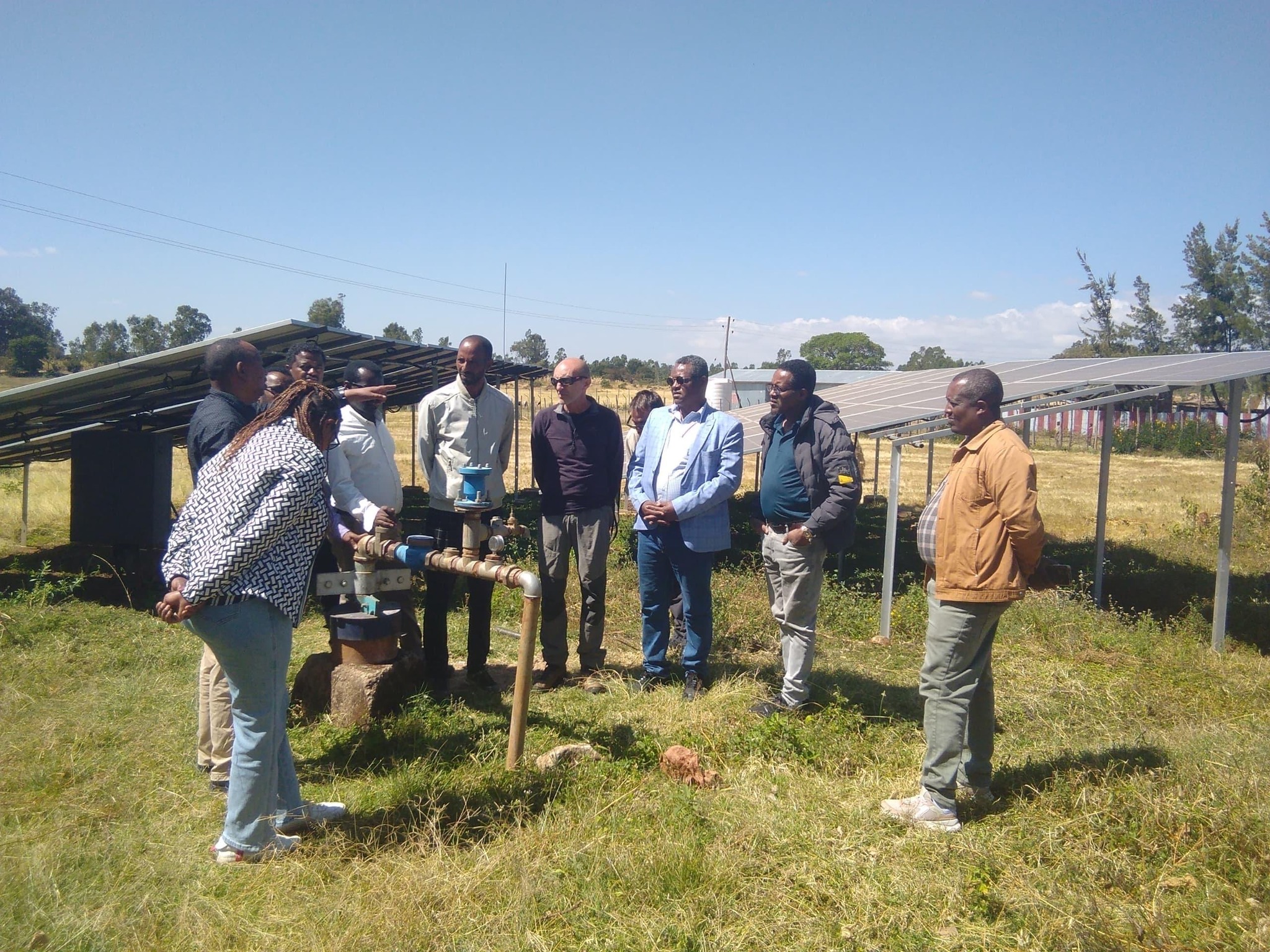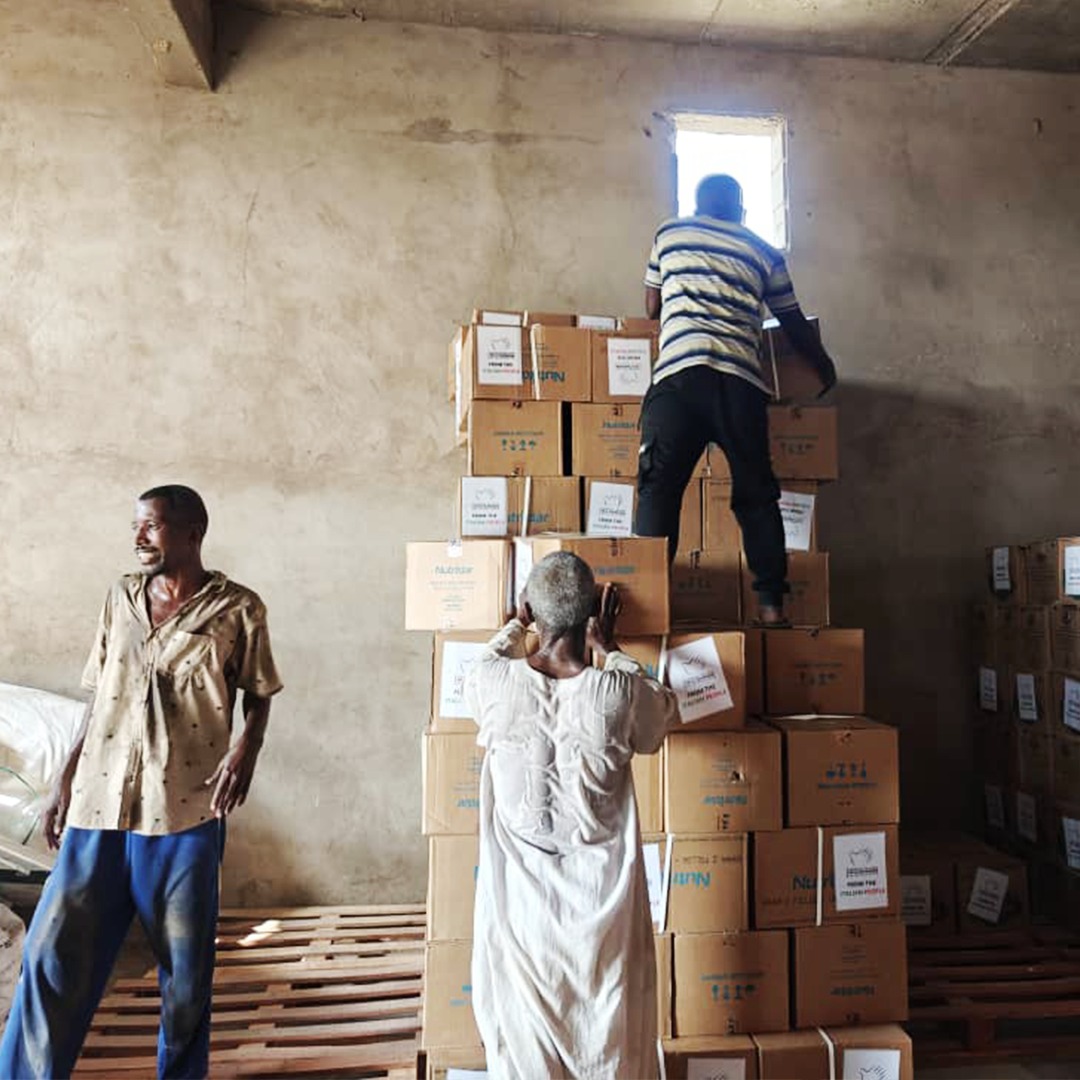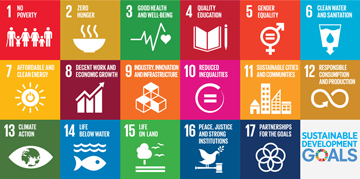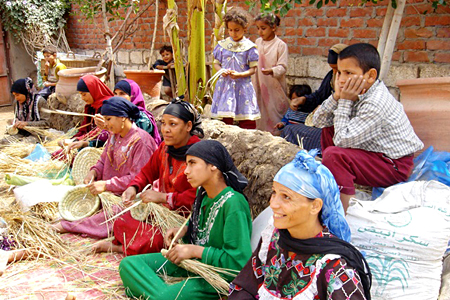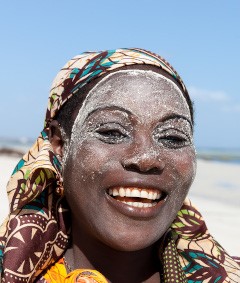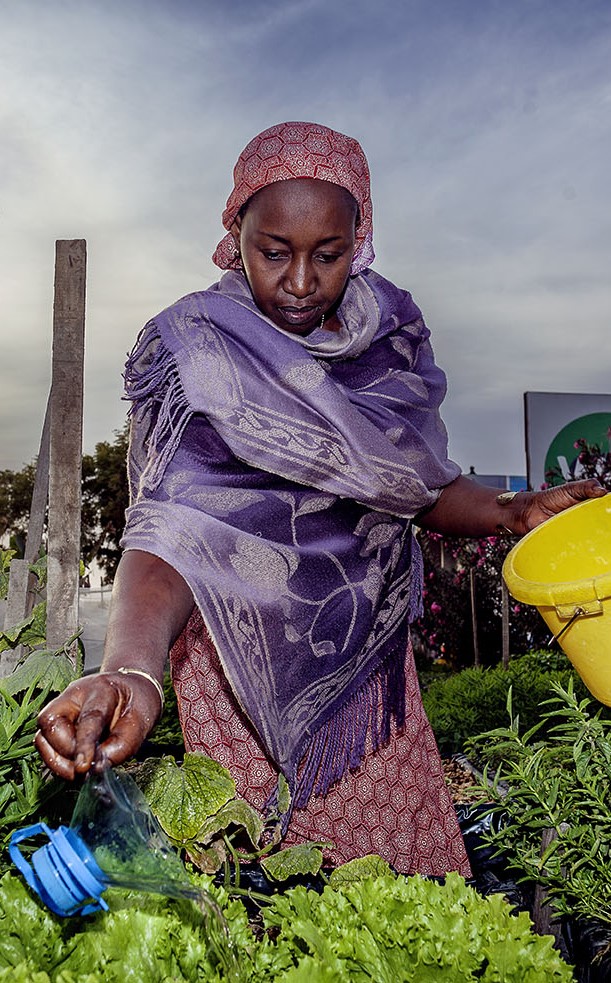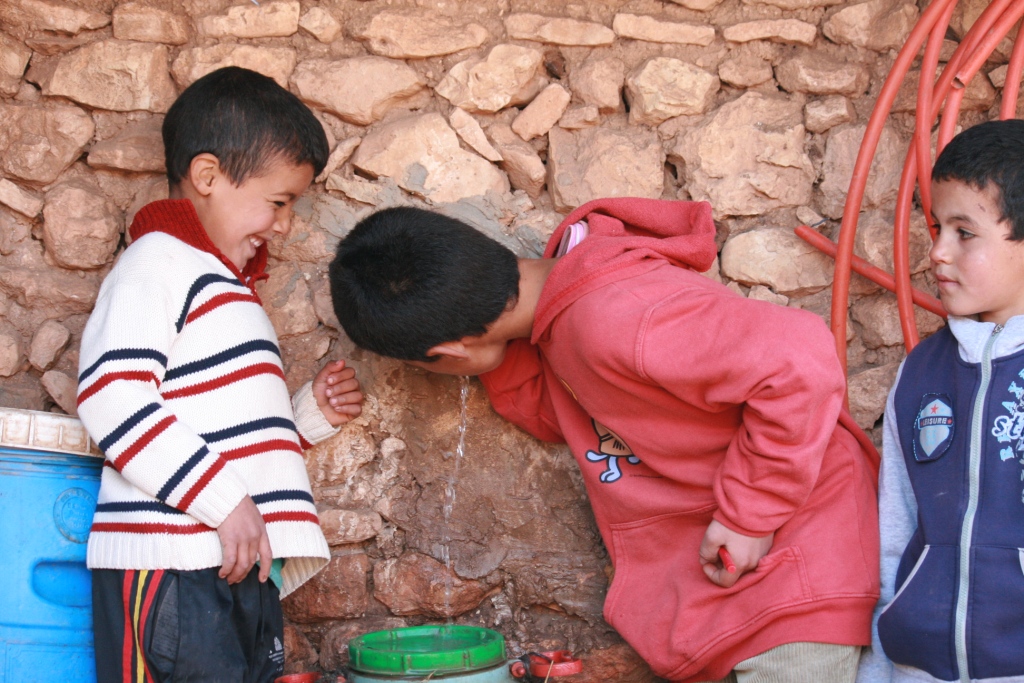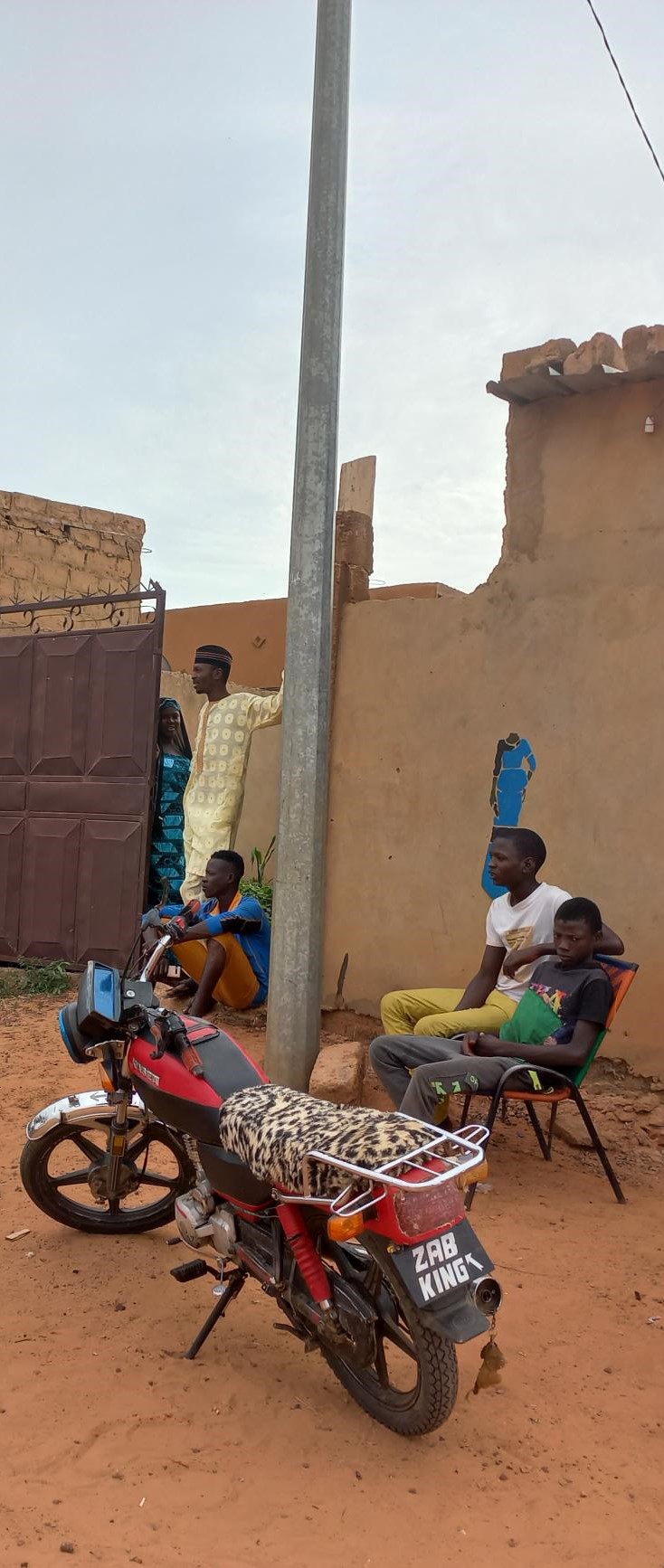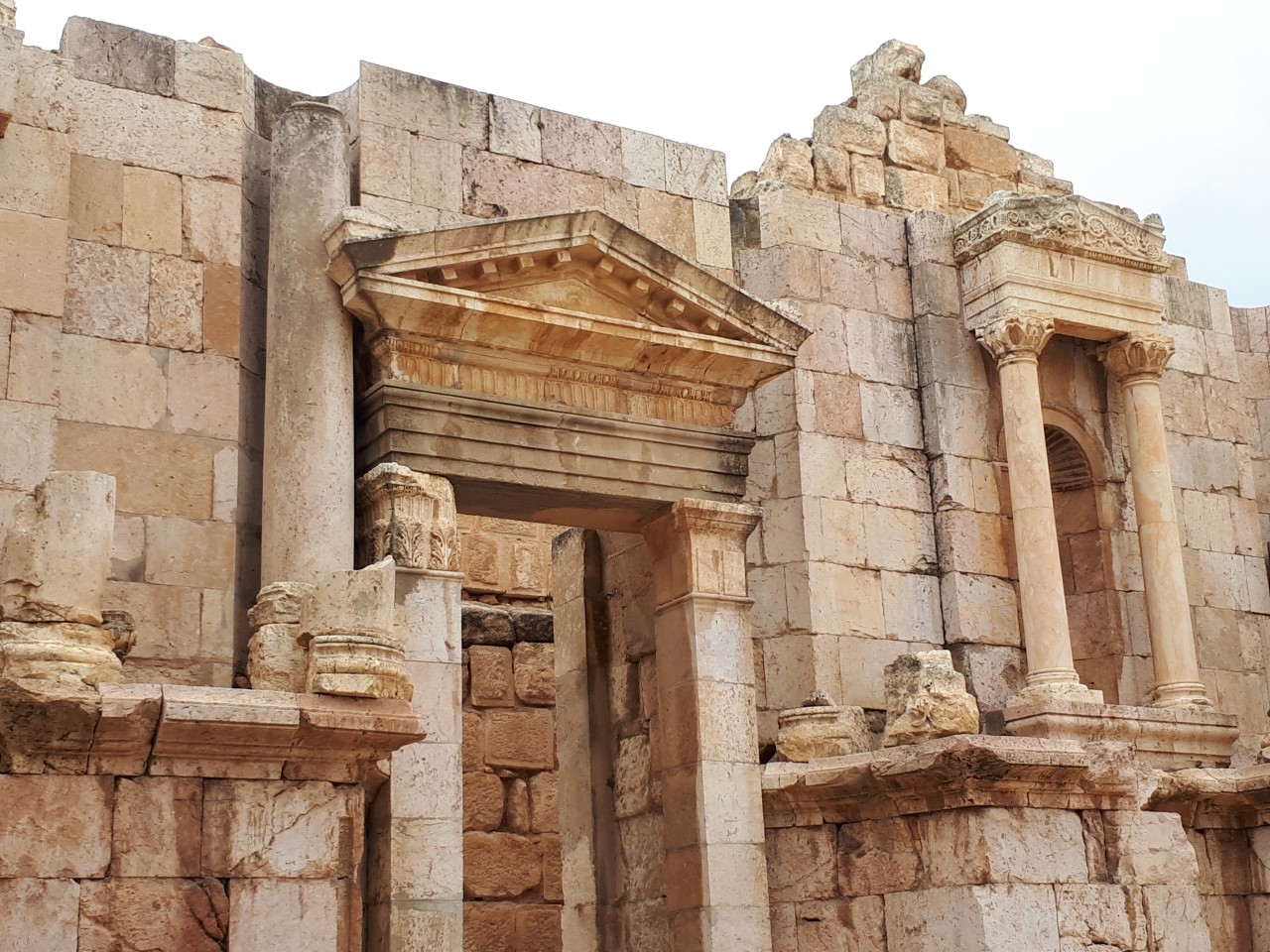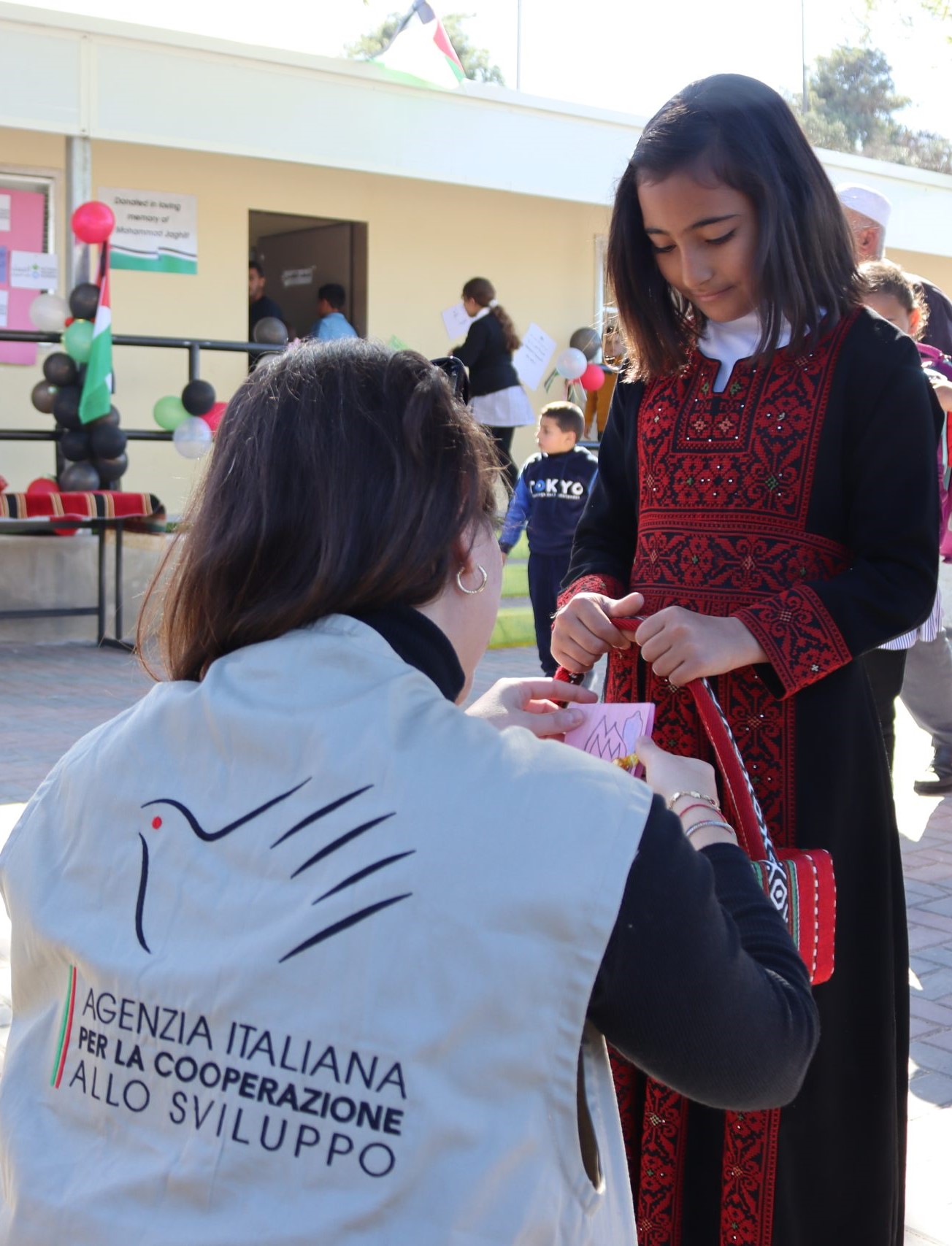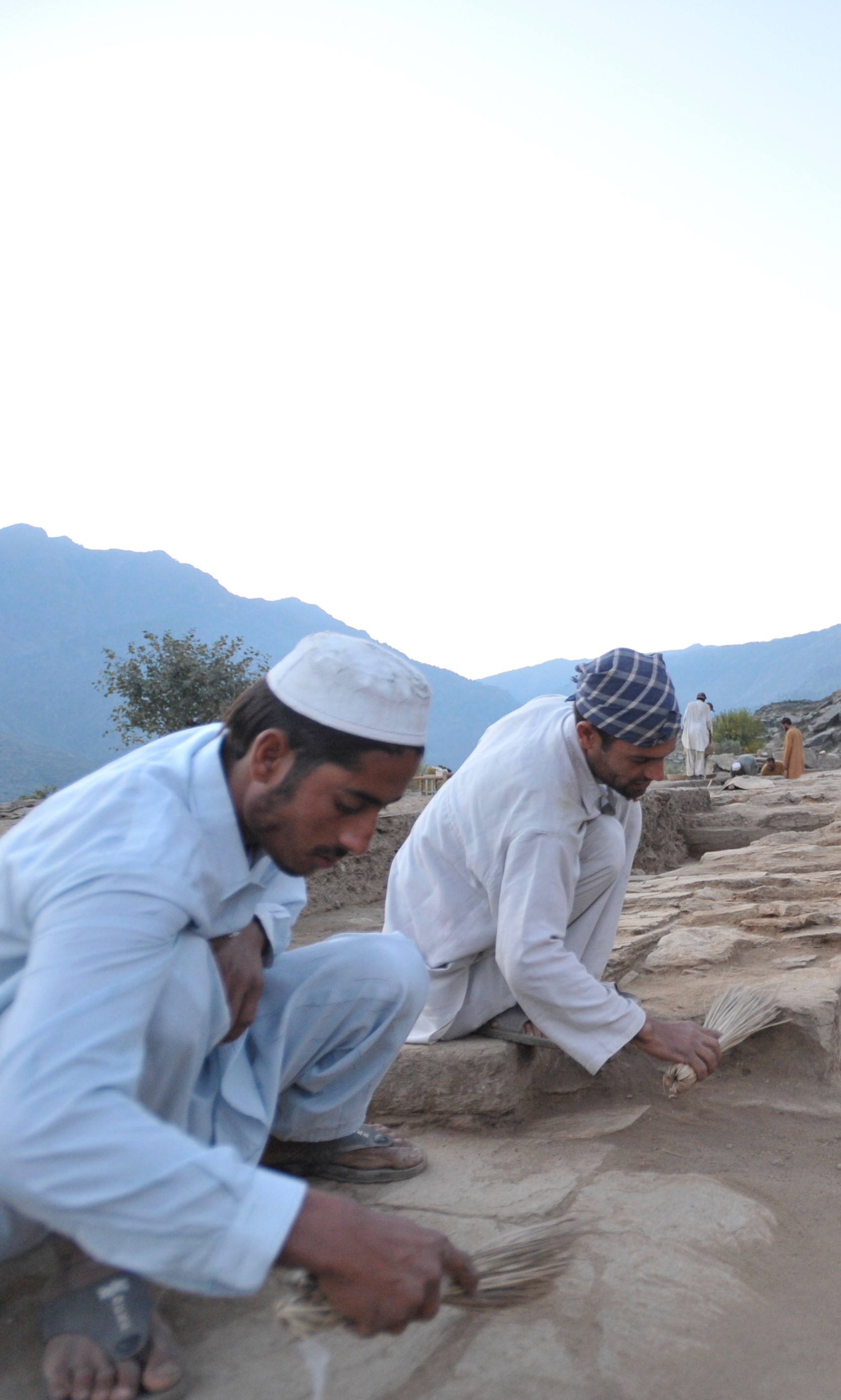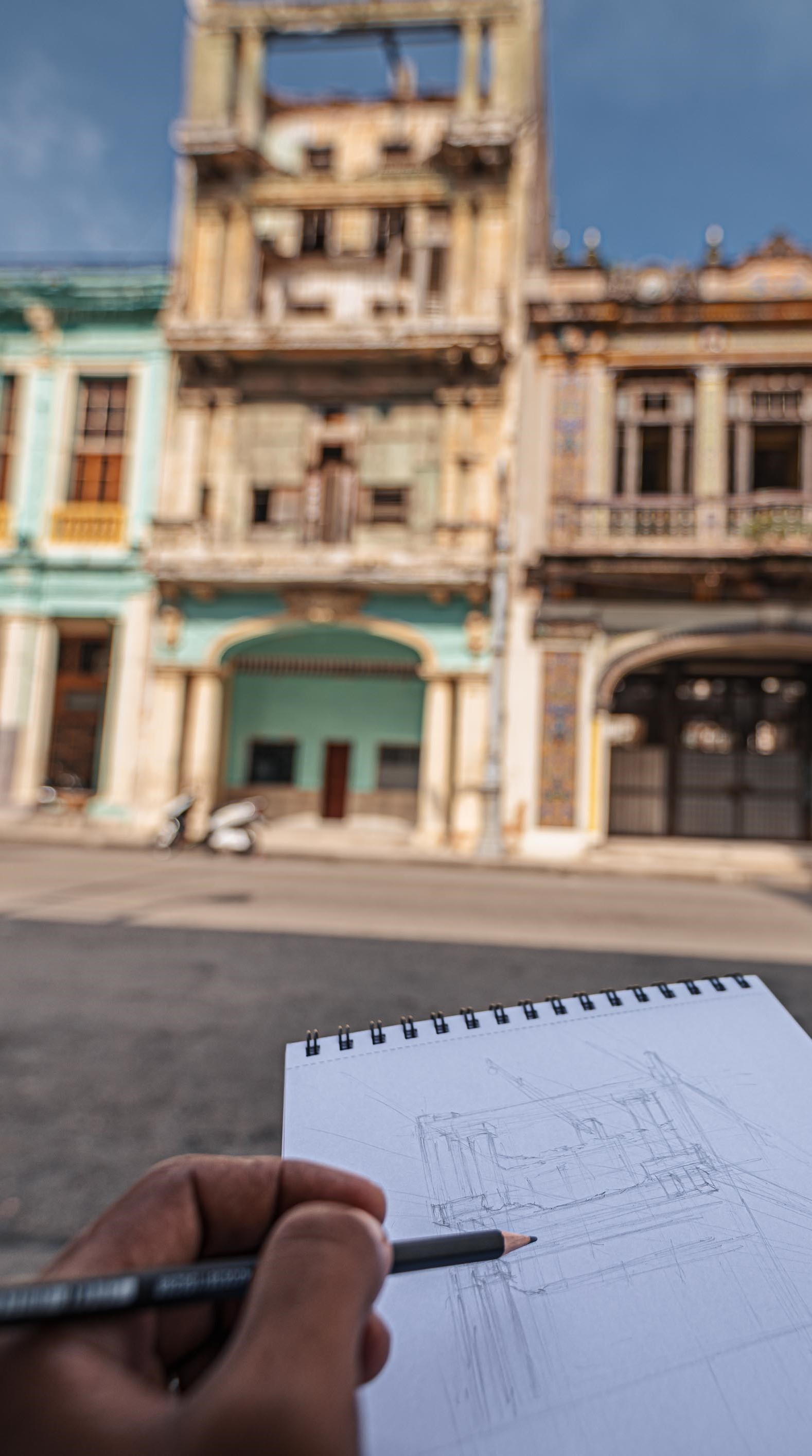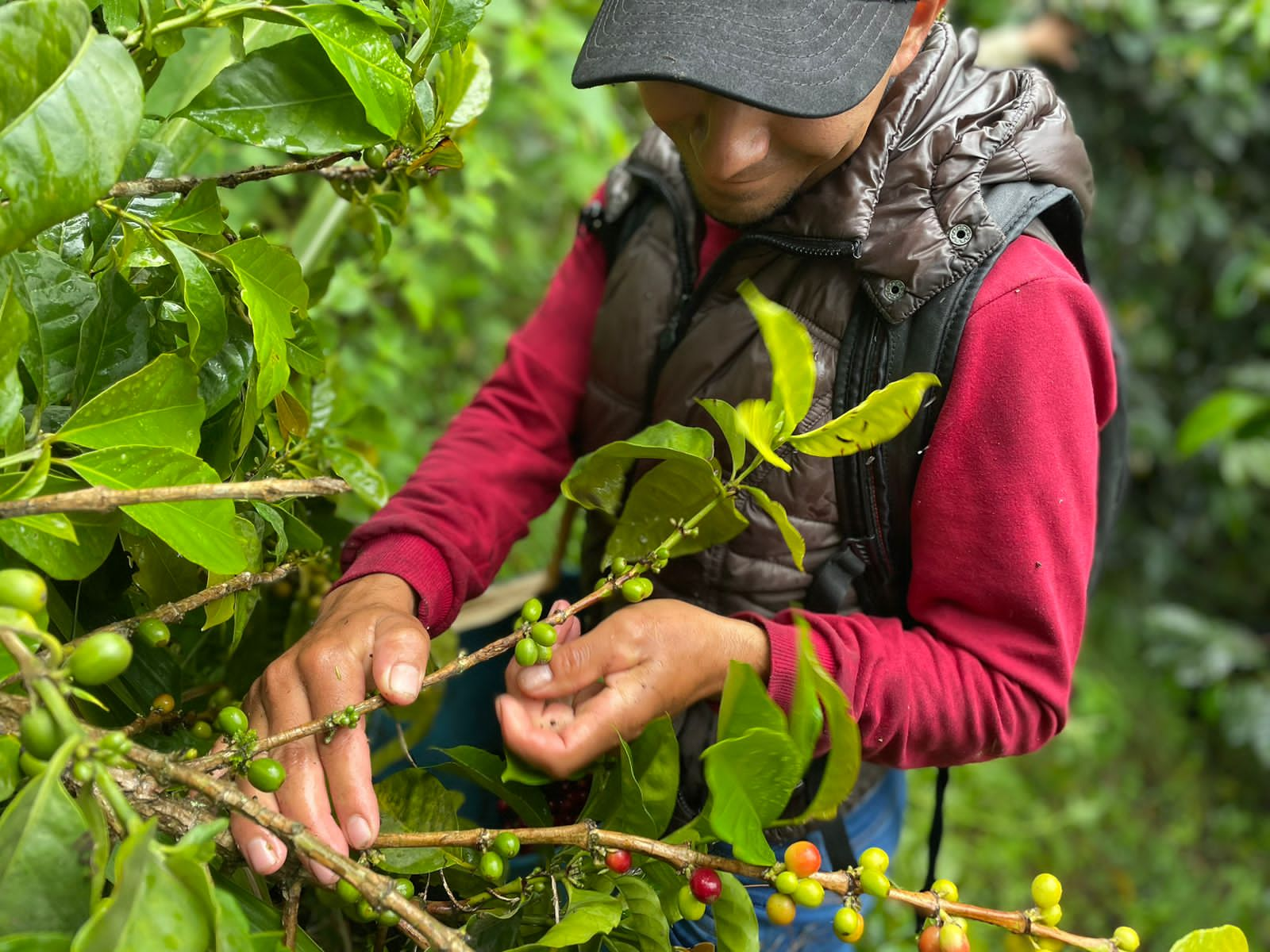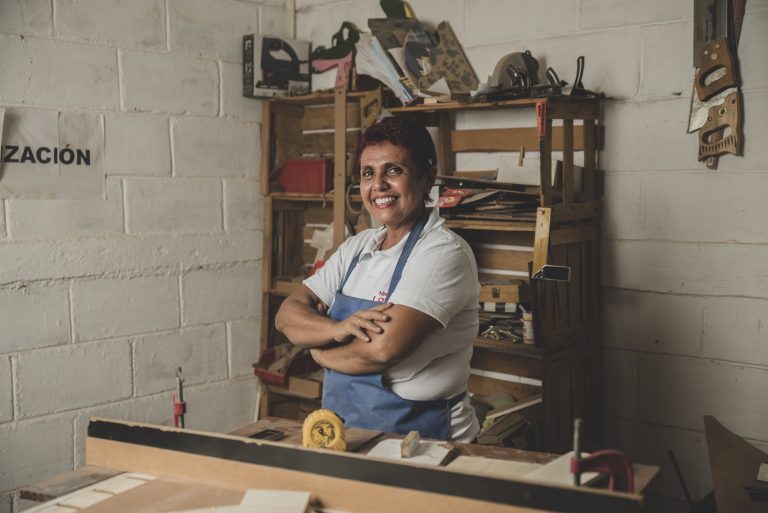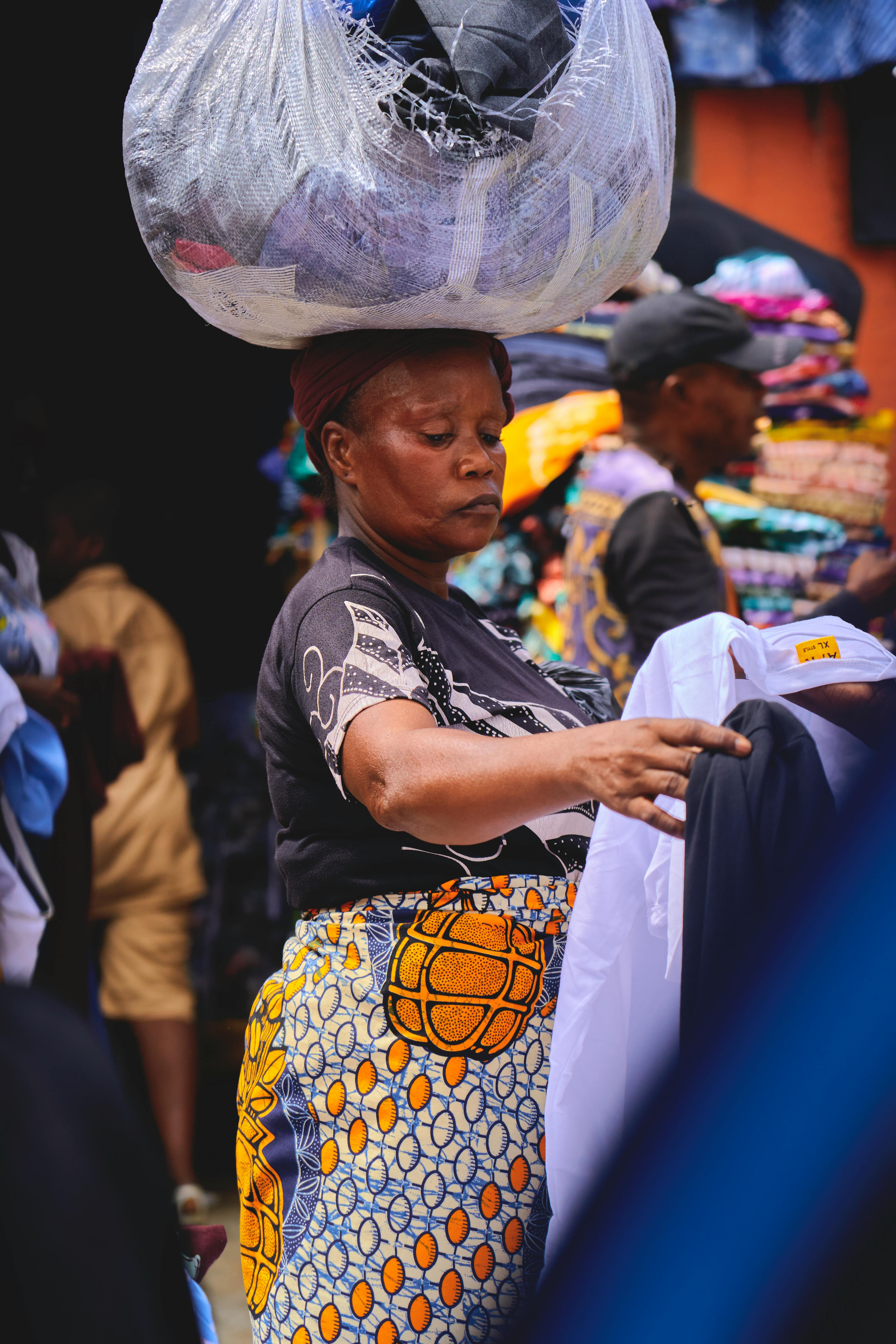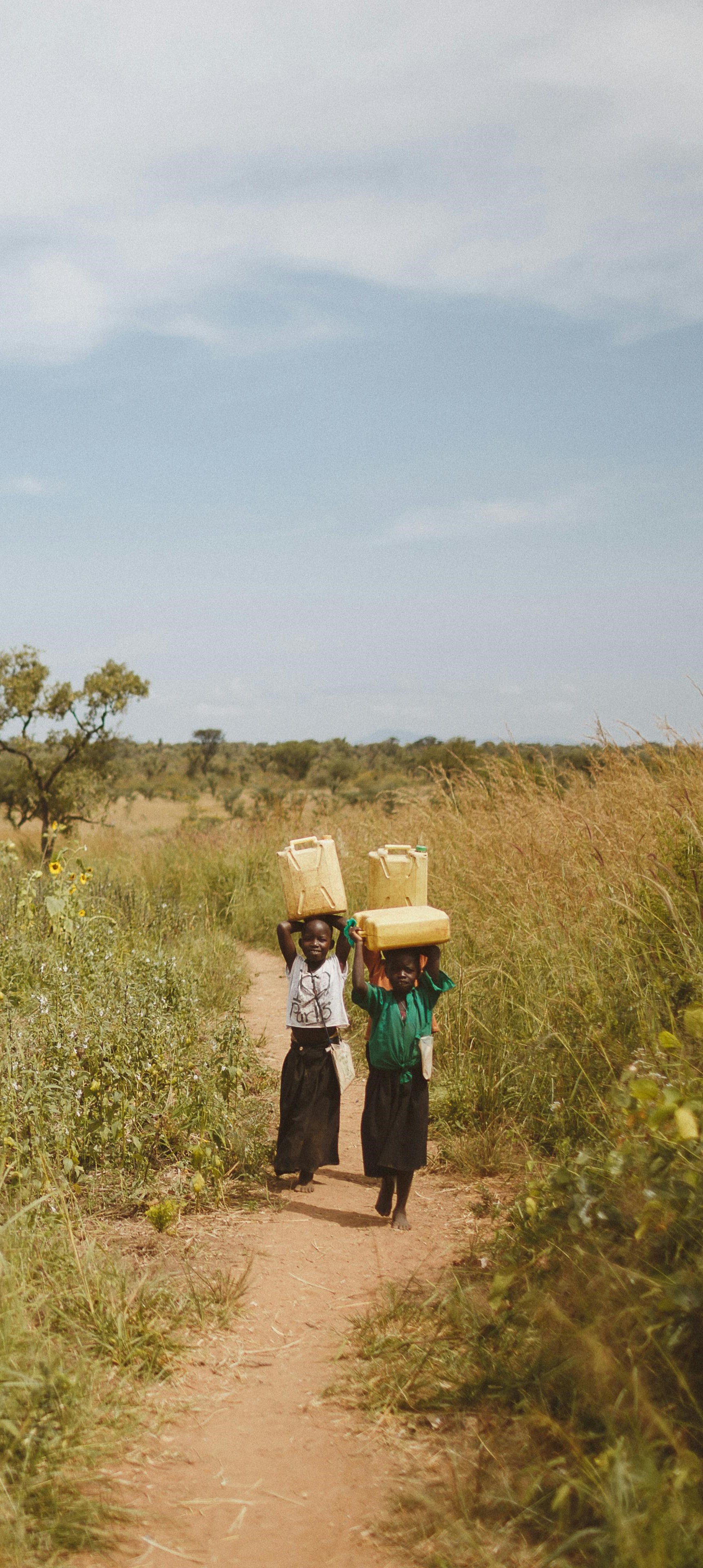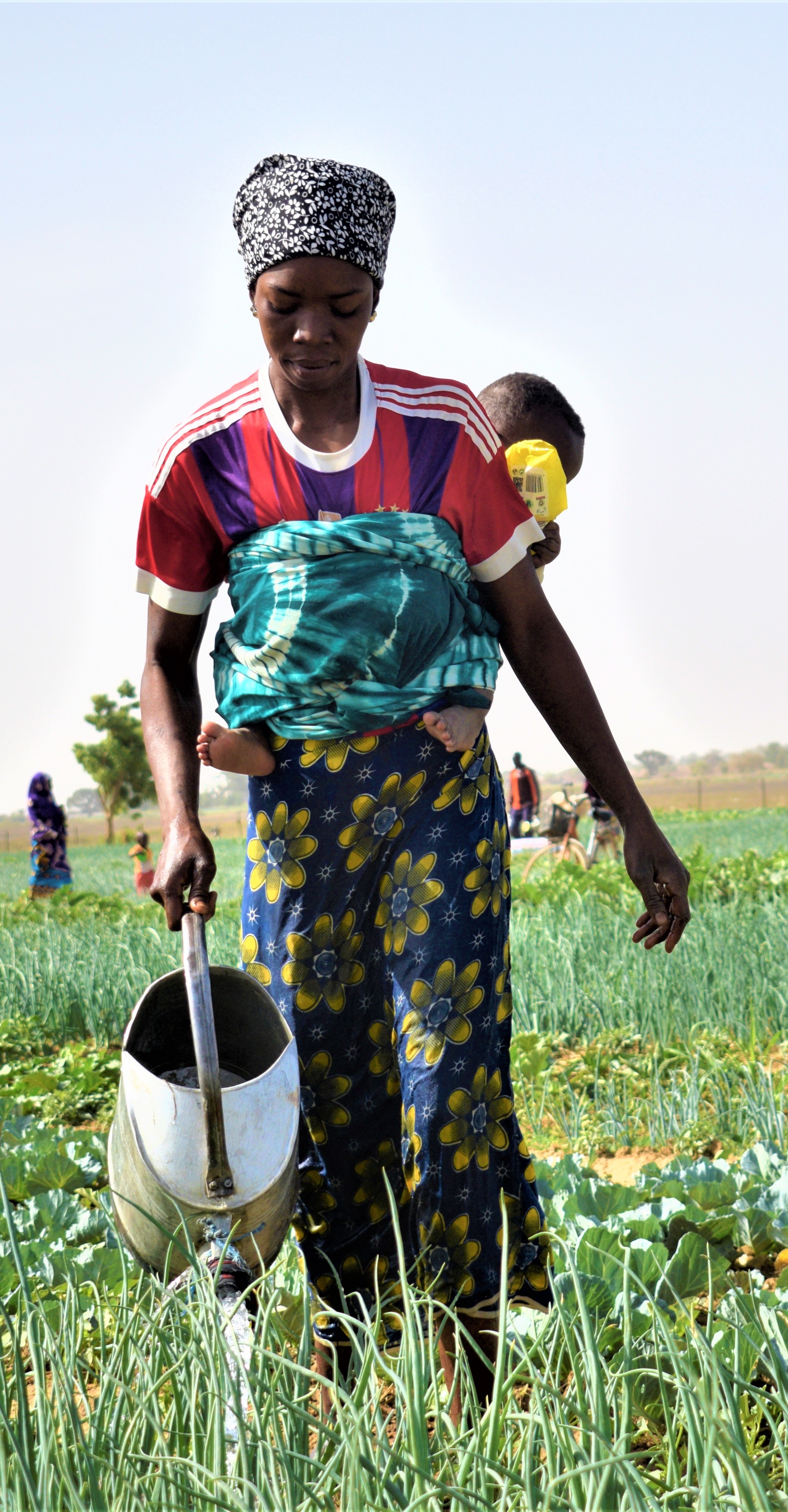Firmato Accordo Tecnico con l’UNICEF per il Progetto WASH-SUD
Il progetto, della durata di 36 mesi e un finanziamento complessivo di 6,55 milioni di euro, vuole migliorare l'accesso all'utilizzo di acqua potabile, favorire la costruzione e riabilitazione dei servizi idrici e promuovere pratiche igieniche per circa 100.000 persone delle comunità ospitanti, sfollati interni, con particolare attenzione alla componente gender e ambiente
Leggi di più Il progetto, della durata di 36 mesi e un finanziamento complessivo di 6,55 milioni di euro, vuole migliorare l'accesso all'utilizzo di acqua potabile, favorire la costruzione e riabilitazione dei servizi idrici e promuovere pratiche igieniche per circa 100.000 persone delle comunità ospitanti, sfollati interni, con particolare attenzione alla componente gender e ambientePrimo incontro dello Steering Committee sul progetto “Budget Support Program dedicato allo Sviluppo dell’Economia verde e ambientale”
L’incontro ha offerto un'importante occasione per discutere l’utilizzo del budget support e i progressi ottenuti fino ad ora, come quelli nella riabilitazione ambientale del Lago Boye a Jimma.
Leggi di più L’incontro ha offerto un'importante occasione per discutere l’utilizzo del budget support e i progressi ottenuti fino ad ora, come quelli nella riabilitazione ambientale del Lago Boye a Jimma.Da Yaoundé a Trieste, andata e ritorno: lo sviluppo della salute mentale di comunità in Camerun e in Africa
Promossa dall’Agenzia Italiana per la Cooperazione allo Sviluppo (AICS), in collaborazione con l’Azienda Sanitaria Universitaria Giuliano Isontina (ASUGI), questa pubblicazione approfondisce il tema della salute mentale nelle sue molteplici dimensioni, evidenziando il potenziale della cooperazione internazionale nel generare cambiamenti concreti. Il contenuto mette a confronto i modelli locali africani con il rivoluzionario modello di Trieste, […]
Leggi di più Promossa dall’Agenzia Italiana per la Cooperazione allo Sviluppo (AICS), in collaborazione con l’Azienda Sanitaria Universitaria Giuliano Isontina (ASUGI), questa pubblicazione approfondisce il tema della salute mentale nelle sue molteplici dimensioni, evidenziando il potenziale della cooperazione internazionale nel generare cambiamenti concreti. Il contenuto mette a confronto i modelli locali africani con il rivoluzionario modello di Trieste, […]
